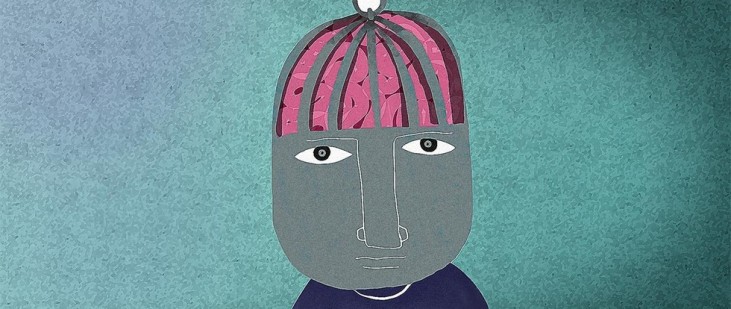CLBB Co-Director Dr. Judith Edersheim shared her expert knowledge with Dylan Goldstein of Brain Decoder on the role of neuroscience in the courtroom. She notes:
There is an indisputable core of cases in which neuroscience by all accounts should be in the courtroom. Cases where you have a lesion or defect and you can make a very certain causal link to the behavior at issue.
At the same time, she highlights the limitations of relying solely on neuroscience in legal cases:
Scholars have been trying to crack this issue for a long time, and the problem is taking group data and applying it to an individual. If you have a range of behaviors and a range of deficits in a group, we still can’t reliably place one individual along the continuum.
Our links between brain and behavior are not always solid enough to prove causation…. If you’re going to assert causation with a lesion, you have to say that this lesion is responsible for the behavior in a fairly clear way, and that no other brain regions are helping or compensating. In an organism with tremendous variation, it’s not always easy to say.
Read the rest of the piece from Brain Decoder, “Can Neuroscience Ever Have a Place in the Courtroom?”, by Dylan Goldstein, published August 12, 2015.



